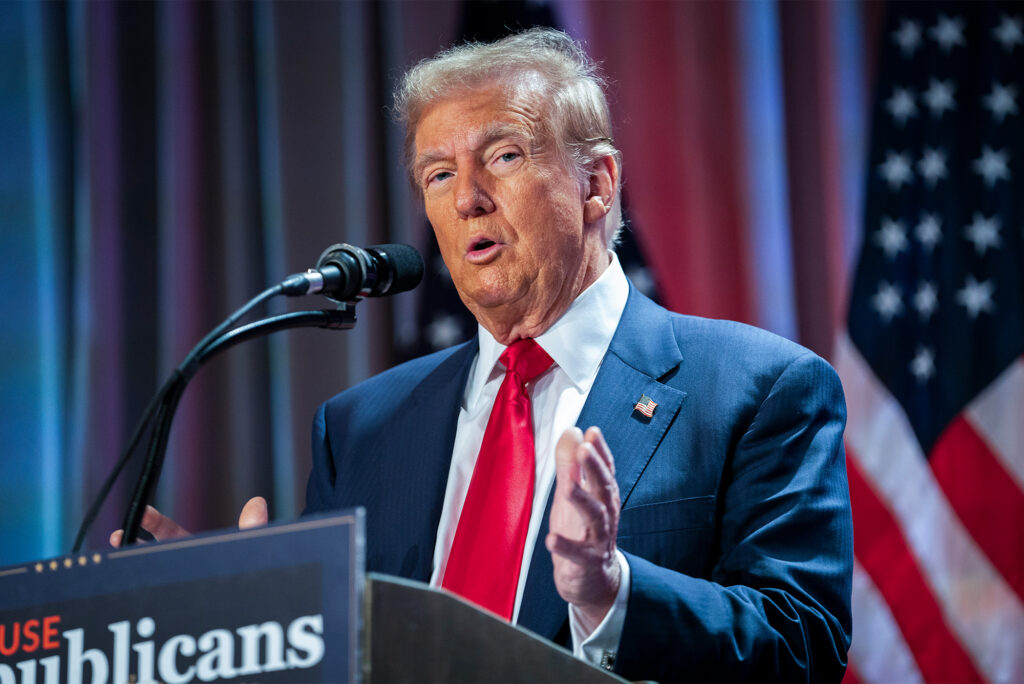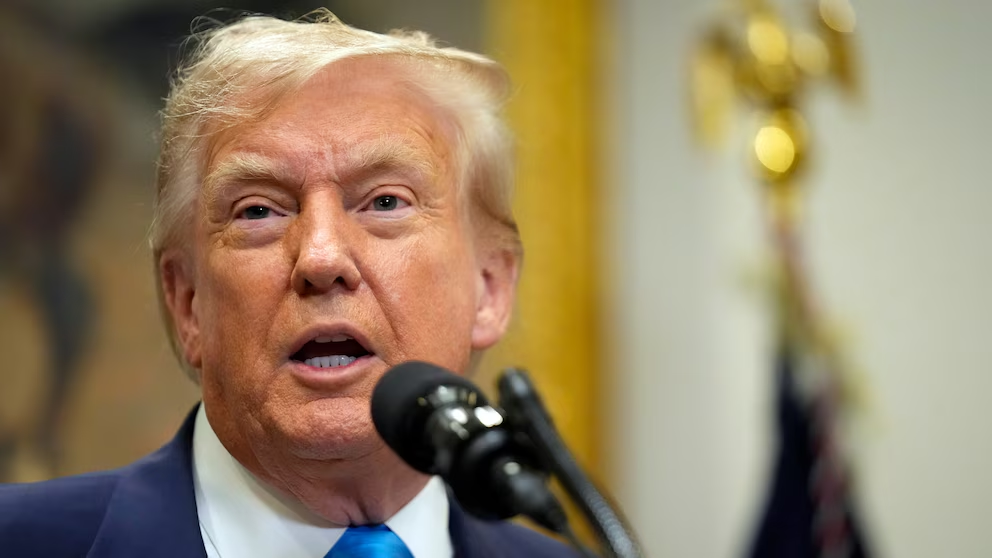U.S. President Donald Trump has unveiled a controversial new trade proposal targeting the global entertainment industry, announcing that his administration plans to impose a 100% tariff on all movies produced outside the United States.
In a post shared on his social media platform, Truth Social, Trump argued that the American film industry has been “stolen” by international competitors, undermining the country’s cultural and economic dominance in cinema.

“America’s movie-making power has been stolen, much like stealing candy from a baby,” Trump wrote. He further criticized California, the traditional hub of Hollywood, accusing its governor of “weak and incompetent” leadership that has left the state “particularly hard hit.”
The former president insisted that the tariff measure is designed to protect U.S. filmmakers and restore Hollywood’s position as the global leader in film production.
“In order to solve this long time, never ending problem, I will be imposing a 100% Tariff on any and all movies that are made outside of the United States. MAKE AMERICA GREAT AGAIN!” Trump declared.
The announcement has already sparked heated debate across the global entertainment industry. Hollywood, while rooted in California, has become increasingly internationalized, with collaborations between American studios and foreign production companies serving as the norm.
Foreign markets such as Canada, the United Kingdom, India, and China have emerged as strong competitors, offering attractive tax incentives and significantly lower production costs. Many blockbuster films made by U.S. studios rely on overseas filming locations, co-productions, and foreign talent.
Critics warn that tariffs could not only limit international collaboration but also raise production costs, disrupt global distribution chains, and provoke retaliatory trade measures from other countries.
Hollywood films generate billions of dollars annually from international box offices. Analysts fear that if foreign films face tariffs entering the U.S., other nations could respond by imposing restrictions on American films — potentially damaging one of America’s most profitable exports.
“Hollywood thrives on global audiences,” noted one entertainment analyst. “A tariff of this magnitude risks isolating the U.S. film industry rather than strengthening it.”
California, home to Hollywood, remains the symbolic and economic heart of the U.S. film industry. However, Trump highlighted the state’s decline in film dominance due to international competition. Over the past two decades, major film productions have increasingly moved abroad, chasing lower production costs and government-backed incentives.
The proposed tariff, Trump argues, would reverse this trend and bring production back to American soil.

Despite the bold announcement, Trump did not provide details on how or when the tariff policy would be implemented. It remains unclear whether the measure would require congressional approval, how it would be enforced, or whether exemptions might apply to co-productions involving U.S. studios.
Trump’s proposal reflects his broader protectionist trade agenda, which has previously targeted industries such as steel, automobiles, and technology. While his supporters see the move as a step toward safeguarding American culture and jobs, critics warn that the tariff could backfire, damaging Hollywood’s global reach and straining international relations.
As the debate unfolds, the entertainment industry is bracing for the potential fallout of a policy that could fundamentally reshape the future of global cinema.



